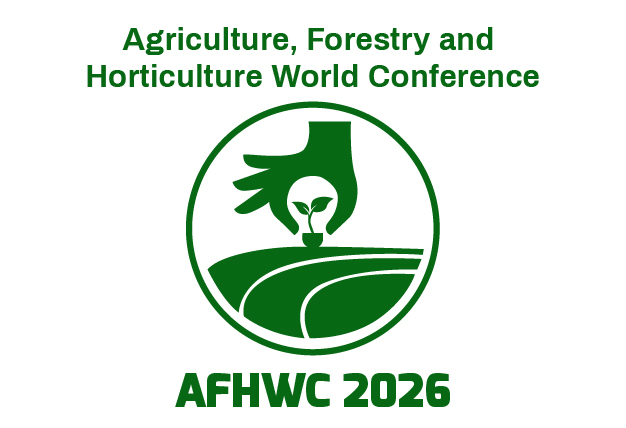Speakers - AFHWC2025

Olga Timina
Olga Timina
- Designation: Pridnestrovskii State University Named After T.G. Shevchenko
- Country: Moldova
- Title: Development of Sustainable Forestry Practices in Pridnestrovie
Abstract
Increasing forest productivity is an urgent state task, the solution of which corresponds to the concept of sustainable development for all regions of Moldova. It is known that the breeding and seed production of forest crops is the basis for increasing the biological productivity of forests by at least 10-15%. To date, systematic breeding work has not been conducted in Pridnestrovie for the leading indigenous forest species - English oak, white poplar, and gray poplar. As a result, the region lacks a comprehensive breeding and seed production system for oak and poplar trees, and does not produce sufficient quantities of normal, improved, and varietal seeds. To address this issue, research is underway to establish forest-seed facilities based on both group (population) breeding and individual breeding. This includes the selection of plus trees (PT) and normal best trees (NBT), which are the most productive, of high quality, and sustainable in these forest conditions. To begin with, the current situation regarding natural plantations of Quercus and Populus has been investigated. The process of identifying and selecting NBT and PT specimens from natural populations of oak and species of the genus Populus is underway, with the aim of certifying them on the territory of Pridnestrovie. To this end, their location, taxonomic features, and growing conditions have been determined using phyto-indicator methods. NBT and PT seeds are used for in situ laying of testing cultures and in parallel for ex situ laying for preservation and on demand in in vitro conditions. In addition, the resistance of oak populations to biotic and abiotic factors is being clarified, in particular, the incidence of powdery mildew in conditions of natural infection on juvenile seedlings and their stress resistance in conditions of drought. Ex situ in vitro storage based on mature zygotic embryos allows us to select healthy material for bacterial and fungal infections and preserve the most valuable gene pool. The forestry of the Rashkovsky and Kitskansky districts, the Butory tract, and the Semenovsky forest has been thoroughly surveyed. During the survey, 17 candidates for PT and NBT of English oak were identified. Some of these candidates were successfully introduced into in vitro conditions, and a method for their preservation and full-fledged regeneration has been developed. In the wild, we discovered an aspen stand with a free-standing mother tree, which exhibits valuable forestry characteristics. The aspen was introduced into in vitro conditions and successfully cloned. In the Kitskansky district, we have established the laying of testing cultures for clonal material of poplars, aspens, and English oaks.

